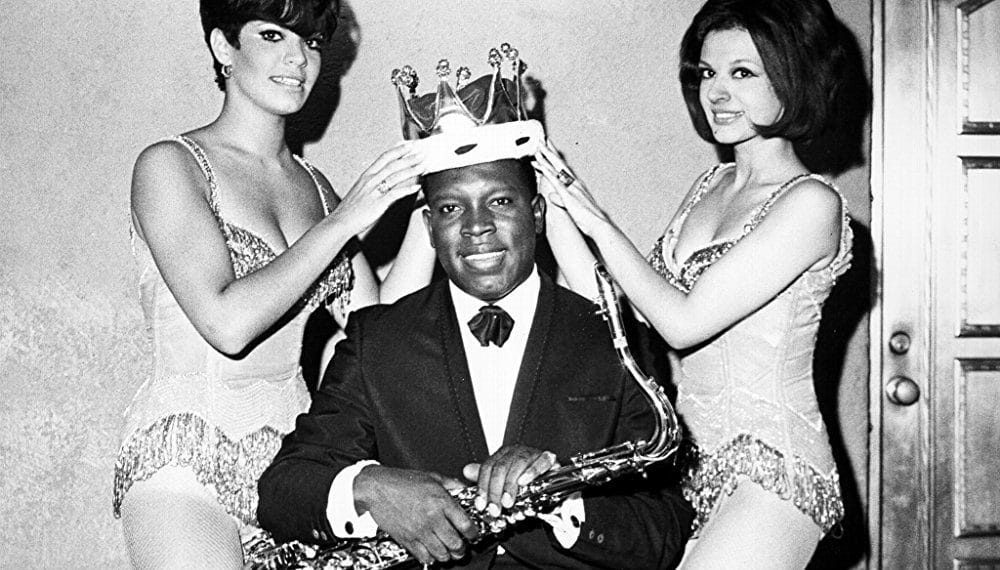1. “Charlie Brown”, The Coasters 1959
Don’t trust anybody that doesn’t dig The Coasters. As remnants of the California-based Robins coasted east to New York City to make their mark on that new sound goin’ round in the mid-1950s, the tenor saxophone– long a jazz and R&B staple– became a prime instrument of destruction as rock n’ roll swept the youth of America. “Charlie Brown”, that tormented anti-hero, is as hip as it gets.
2. “Soul Twist “, King Curtis (1962)
In the early 1960s, anybody who was anybody had a dance move and a song to go with it. Thanks to some label finagling from Dick Clark, 19-year-old Ernest Evans aka Chubby Checker got saddled with ‘The Twist” and immortality, spawning countless imitations and variations– some better or worse. King Curtis & The Noble Knights took “the twist”, straightened it out, and bent it back fresher than ever.
3. “Respect”, Aretha Franklin (1967)
There’s no “one” thing that makes Aretha’s version of “Respect” one of the finest songs ever recorded. From Otis Redding’s words (slightly modified) to the “ree’s” & “sock it to me’s” of the Franklin sisters (my favorite part), the savvy of the Muscle Shoals Rhythm Section is already smokin’ when Curtis blazes in with a perfect sax solo. Even fifty-six years later, the complete package is mind-blowing.
4. “Games People Play”, King Curtis (1969)
Duane Allman may be one of the greatest slide guitarists of all time, but for this funky GRAMMY-winning retooling of Joe South’s “Games People Play”, the Sky Dog also strums a mean sitar. The two icons found friendship when they met at FAME Studios in 1968, and the following year, King Curtis invited Allman to join him for sessions in Muscle Shoals and Memphis that would end up on the album Instant Groove.
5. “It’s So Hard”, John Lennon (1971)
John Lennon was the “Prince of Peace”, but for my money, the Beatle was never better than when he was filthy and snarlin’ like he was still workin’ a hard day’s night in the Reeperbahn. For “It’s So Hard”, King Curtis resurrects his struttin’ staccato sax sound to nostalgic effect, and in two and half minutes, the dynamite damage is D-U-N. Recorded on July 5th, 1971, this marked one of Curtis’s last contributions before his death barely a month later on August 13th. After an altercation in front of a building he owned and was renovating, Curtis was stabbed (legend has it the 6’2, 200-pound King extricated the knife from his chest and repeatedly returned the favor on his attacker) and died just after midnight at New York City’s Roosevelt Hospital. He was 37 years old.
